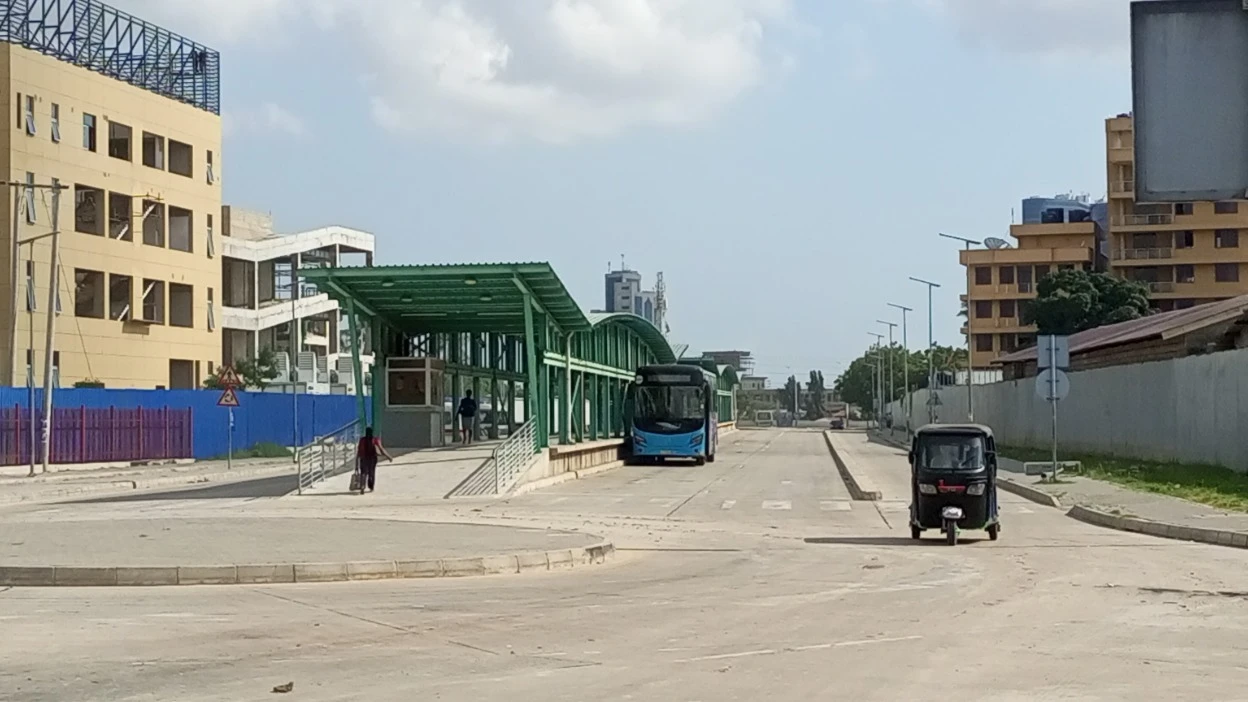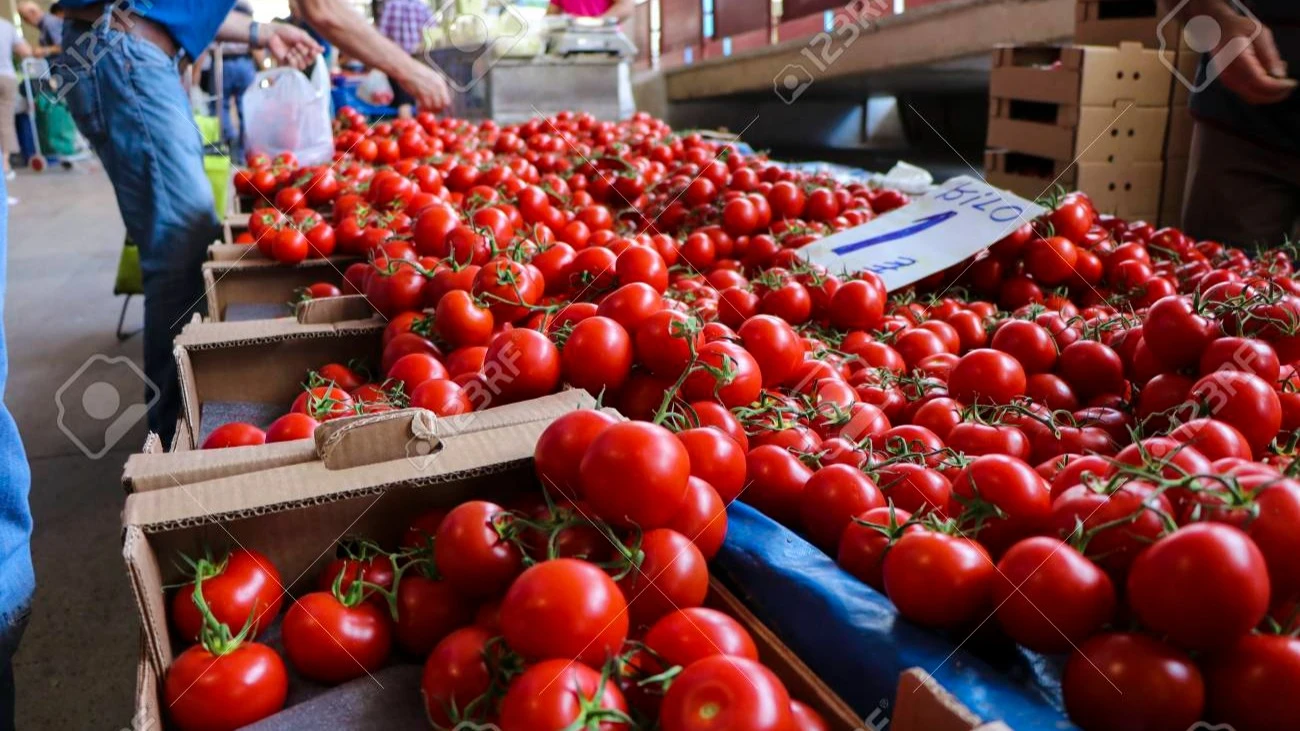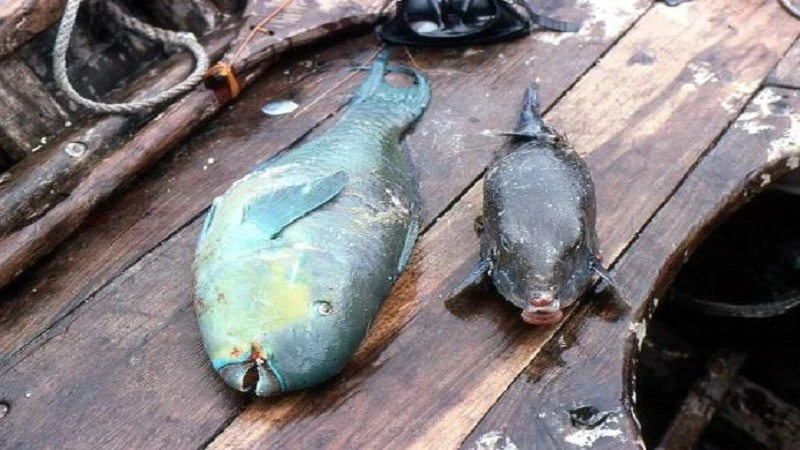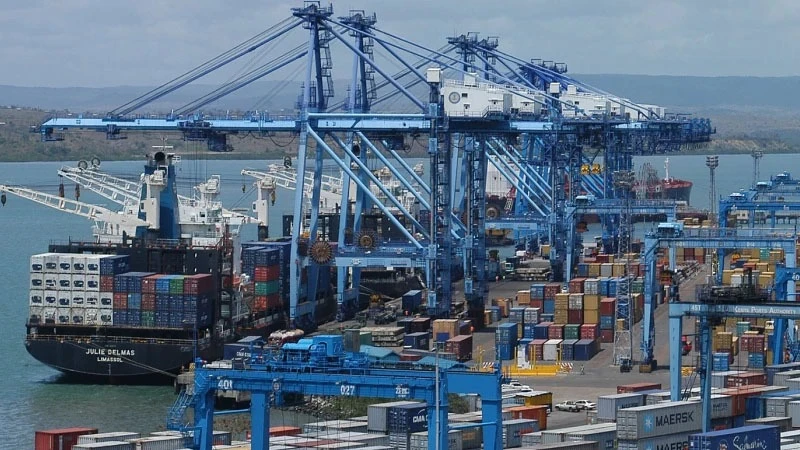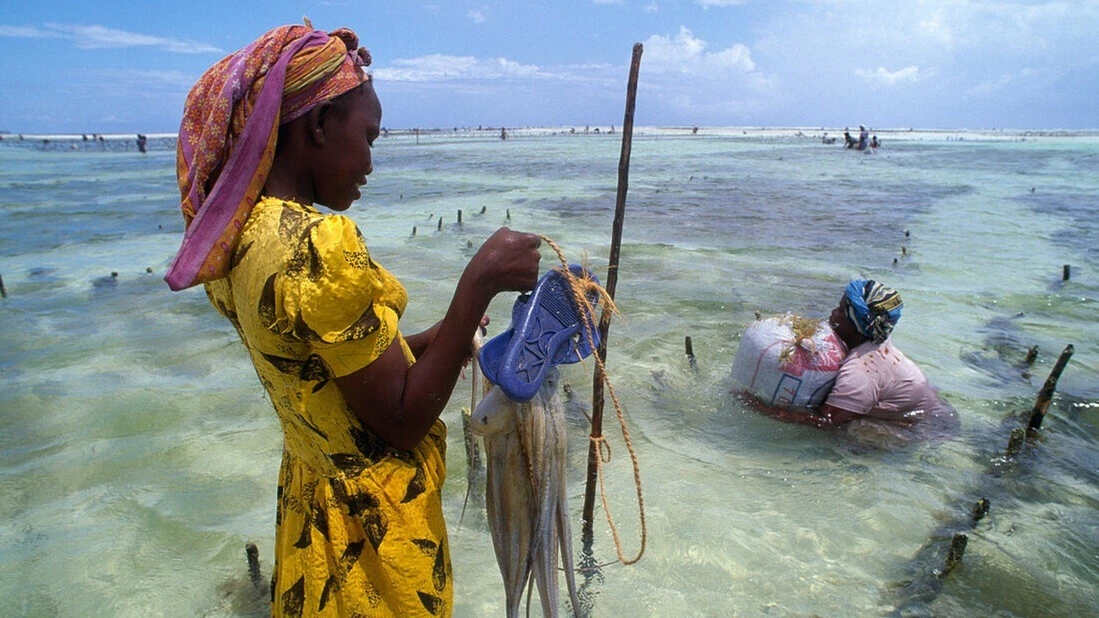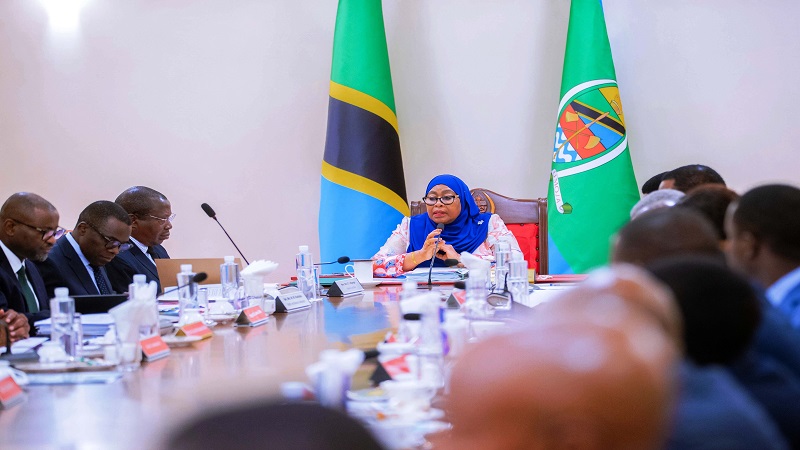Drip irrigation revolutionises farming in Babati, raising yields, food security

FARMERS in Babati District, Manyara Region have reported a remarkable increase in productivity after adopting drip irrigation, now harvesting four bags per acre compared to just one previously. The success was highlighted during a recent visit by journalists to demonstration farms in Gedamar village. The initiative, funded by the Agricultural Markets Development Trust (AMDT) under the VACS project, promotes innovative farming technologies, including drip irrigation.
Dodo Matambo, one of the beneficiaries, shared his experience: “Previously, having two meals a day was a struggle, but now hunger is something I hear about from my neighbours. This farming method has been a game-changer, and I’ve been eager to share what I have learned with others.”
He further explained that many farmers, confronted with low rainfall, have turned to this method. "Traditional farming yields only once a year, but with irrigation, I can harvest more than four times a year,” he said. Matambo urged other farmers to adopt this technology despite the initial costs, citing the quick and significant returns on investment.
Fatuma Iddi, another farmer in Gedamar village cultivating pigeon peas, echoed Matambo’s sentiments, crediting the project's training for guiding them toward successful harvests.
Laizer Sulle, the Gedamar Village agricultural officer, stressed the VACS project's role in addressing challenges posed by climate change, especially unreliable rainfall. He remarked that drip irrigation not only enhances productivity but also contributes to food security and economic stability in local communities.
“As more farmers adopt drip irrigation, they can focus on other tasks while simply turning the water on or off,” Sulle noted, praising the practicality of the system. He also highlighted the government's provision of motorcycles to agricultural officers, improving their outreach and extension services.
Delta Shila, AMDT’s monitoring and evaluation coordinator, highlighted the project's reach across four regions—Arusha, Dodoma, Kilimanjaro, and Manyara—and its focus on cultivating legume crops such as pigeon peas, green grams, and cowpeas. She emphasized the importance of modern farming practices and improved seed varieties to meet the challenges of climate change.
“We stress the importance of using improved seeds to boost productivity. Our training on irrigation technology equips farmers to produce even during dry spells,” Shila said.
Top Headlines
© 2024 IPPMEDIA.COM. ALL RIGHTS RESERVED








